
Professor Mark Mulligan
Professor of Physical & Environmental Geography
Research interests
- Geography
Biography
Dr Mark Mulligan completed his undergraduate degree in geography at the University of Bristol from 1988-1991. After a brief period in the rainforests of Brunei with the then Royal Geographical Society (RGS) Brunei Rainforest Expedition, he moved to King’s for his PhD on 'Modelling hydrology and vegetation change in a degraded semi-arid area', supervised by Professor John Thornes.
Mark took up the post of Lecturer in Geography at King’s in September 1994 at the age of 24 and has been teaching and researching in the Department since, with a year (2003-2004) research secondment to Istituto di Botanica, Universita' di Napoli, Italy.
In 2003, Mark was appointed Reader in Geography and in 2004 was awarded the Royal Geographical Society – Institute of British Geographers Gill Memorial Award for ‘innovative monitoring and modelling’ of environmental systems.
Mark is an honorary fellow at the United Nations Environment Programme World Conservation Monitoring Centre (UNEP-WCMC), adjunct Doctoral Graduate Faculty at Texas State University 2007-2012, and trustee of PROAVES UK.
Research
- Development and application of spatial policy support systems
- Agriculture, land use change and climate change impacts on water and ecosystems
- Ecosystem services mapping and modelling
- Tropical forests and tropical montane cloud forests
- Environmental modelling, environmental Geographical Information Systems (GIS) and environmental monitoring with open source hardware.
Mark's research interests include climate, hydrology and vegetation processes and dynamics, their interactions with each other and with human activity in the Mediterranean and tropical humid environments. His research applies high-tech field monitoring based on his open-source designs at www.freestation.org and distributed process-based computer modelling.
He is committed to science in the service of society and has thus focused (collaboratively with industrial partners) on making his research results available to industrial and policy-oriented users through decision support tools at www.policysupport.org and web-based modelling tools and data distribution systems at geodata.policysupport.org.
Teaching
Undergraduate
- Personal tutor (Years 1, 2 and 3)
- Academic tutor (Year 1)
- Deputy chair (Undergraduate exam board)
- Geography BSc (Dissertation supervisor)
- 6SSG3030 Tropical Forests in a Changing Environment
Postgraduate
- Academic tutor
- Environmental Monitoring, Modelling and Management MSc (Convenor)
- Geography MA/MSc (Convenor)
- 7SSG5031 Modelling Environmental Change At The Land Surface
- 7SSG5109 Environmental Geographical Information Systems
- 7SSG5035 Monitoring Environmental Change
- 7SSG5111 Environmental Research Design and Applications
- Dissertation in MA/MSc Geography
- Contributor: Seminars in Environmental Management
PhD supervision
Mark welcomes PhD students looking to research a variety of topics regarding policy support, ecosystem service evaluation and environmental change, at scales from local to global and with particular emphasis on tropical forests and semi-arid drylands.
He works with a large body of (mainly overseas) PhD students, having been the principal supervisor for the successful completion of 32 PhD candidates since 2000. View a full list current and existing PhD students.
Further details
Research
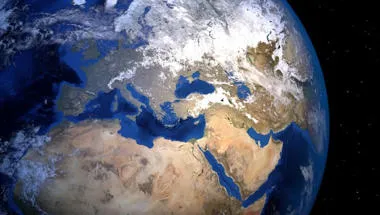
Physical Geography and Environmental Science research group
Enhancing understanding of processes, drivers and impacts in water, land, atmosphere and ecosystems to address environmental and societal challenges.
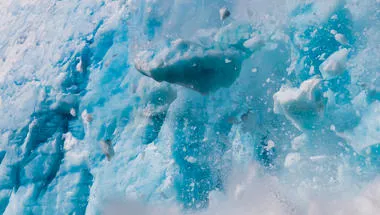
King's Climate Research Hub
Studying climate change through the relationship between science, policy and culture.

King's Water Centre
Researching water, environment and development. Our centre spans the humanities, social, and physical sciences to explore the challenges of water governance from global to local scales.
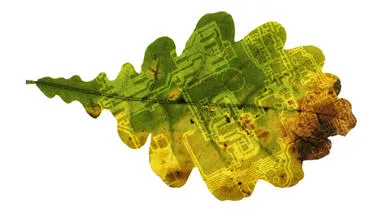
Geodata Portal
A public environmental data portal providing information (raw and visualised) to the scientific and conservation communities.
Project status: Ongoing
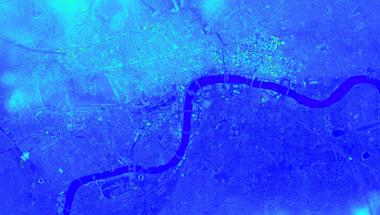
Earth Observation and Environmental Sensing Hub
The Earth Observation and Environmental Sensing (EOES) Hub is an interdisciplinary research group at the Department of Geography, King’s College London.
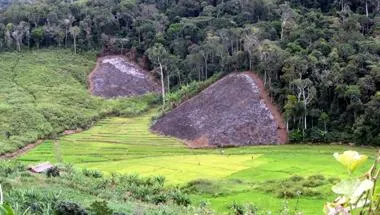
Political Ecology, Biodiversity & Ecosystem Services
The Political Ecology, Biodiversity & Ecosystem Services (PEBES) group provides a collaborative focus for work on the social (re)production of nature, environmental conservation and resource management.
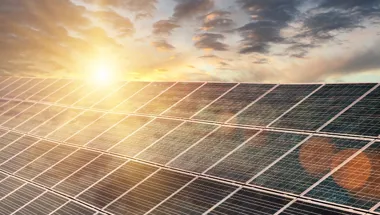
Climate & sustainability researchers at King’s
King's researchers working across climate and sustainability
News
King's awarded doctoral training funding from three UK research councils
Biological sciences, environmental sciences and physical sciences at King’s will all benefit from a share of over £500 million invested in doctoral students,...
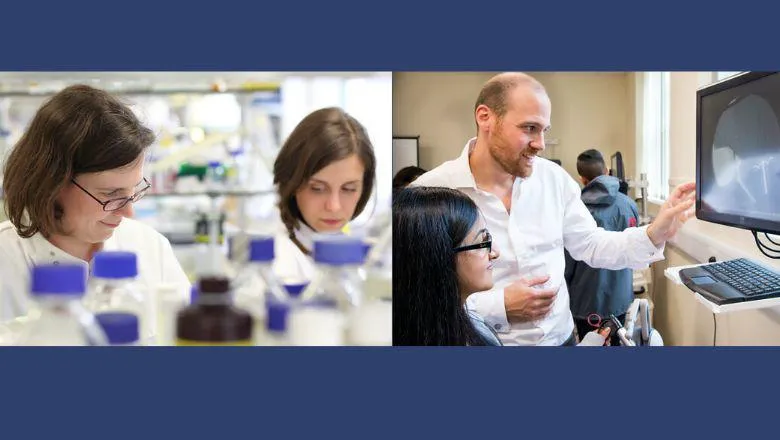
Under Pressure: New database aims to improve understanding of the impacts of dams and reservoirs
With an explosion in hydroelectric dam and reservoir building expected over the coming decades, a new tool jointly developed at King’s aims to help...

Less than 20% of the global land area needed for human well-being and biodiversity is currently protected
Conserving about half of the global land area could maintain nearly all of nature’s contributions to people and still meet biodiversity targets for tens of...

New installation on the Strand will imagine a climate-positive mythical world
Acclaimed design studio Superflux and King’s Culture present 'The Quiet Enchanting', an installation inspired by King’s climate and sustainability research
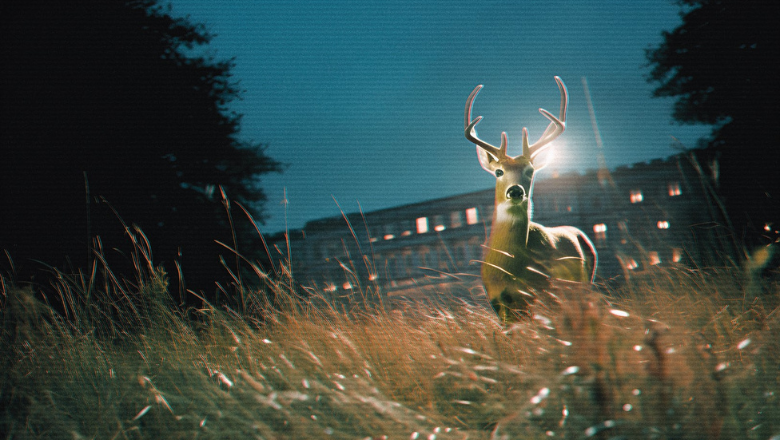
Noise and air pollution reduced in pedestrianised part of London, early signs suggest
Preliminary data from King’s monitoring stations suggests significant reduction in noise and particulate air pollution thanks to the pedestrianisation of...

Transformed Strand Aldwych redevelopment officially opened
Pedestrianisation in the heart of historic London creates a welcoming public space, as well as an exciting platform for research, learning, art and performance

Protecting areas most important to people will benefit nature too
Prioritising nature conservation in areas that directly benefit humans would lead to more equitable and just conservation decisions, finds major global study.

Progressive water policy needs to be intrinsically linked to human rights and sustainability
King’s Water Centre has launched four policy papers that explore how we can ensure we have a just and sustainable water future.

Noise levels on Strand fall by a quarter thanks to new pedestrianisation scheme in London's cultural centre, King's researchers find
Researchers are assessing the ‘net impact’ of a new pedestrianisation scheme in central London on air quality, traffic, noise and the local economy.
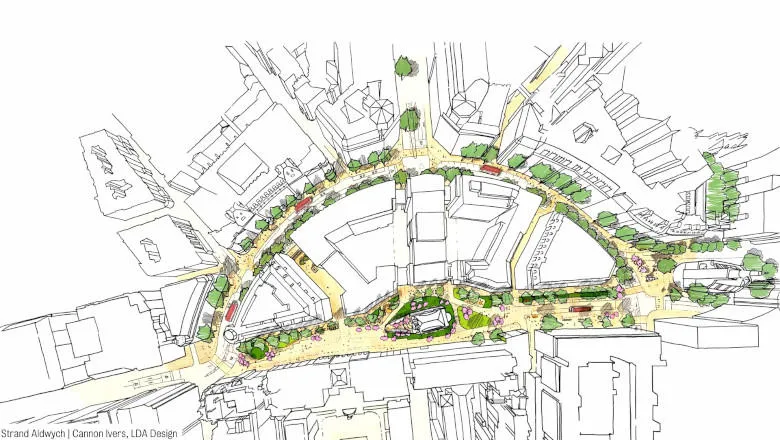
Clean water and carbon storage will be vital for biodiversity
A new paper, published in Nature, Ecology and Evolution, has found that protection of land important to both carbon sequestration and clean water supply is...
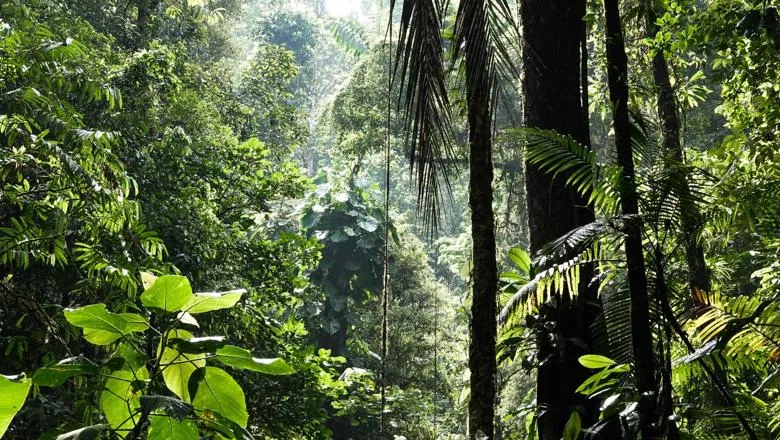
Events

Water Security: Overview from the World and the Way Forward
A discussion on the importance of water security and innovative methods that ensure better access, protection, and management of hydric resources for...
Please note: this event has passed.

Clean Air Day: walking tour of Strand Aldwych pollution monitoring stations
Join Professor Mark Mulligan and Dr Arnout van Soesbergen on a guided tour of the Strand Aldwych project and the network of weather and pollution monitoring...
Please note: this event has passed.
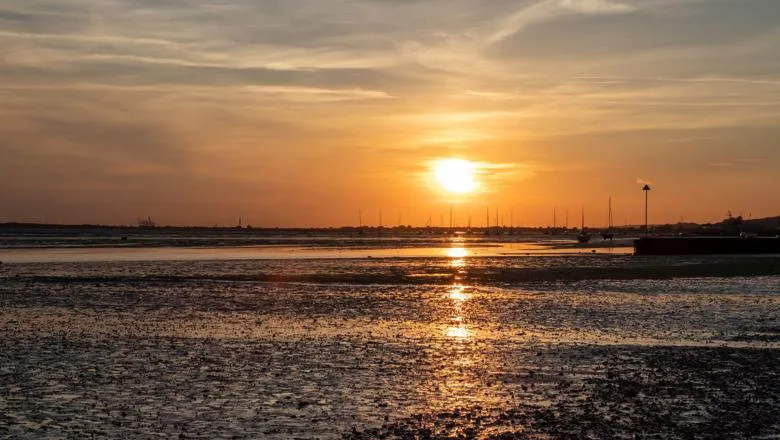
London Rivers Week 2022 – Walk: Sustainable development, renewables, flooding and nature conservation
Free guided walking tour from Chalkwell Beach, as part of London Rivers Week 2022. The walk will focus on understanding the Thames Estuary, in particular...
Please note: this event has passed.

Climate change and COVID-19: What have we learned?
As part of our King's Experts Series, join us as we ask our panel: What lessons can we learn from the pandemic when it comes to climate change and the...
Please note: this event has passed.
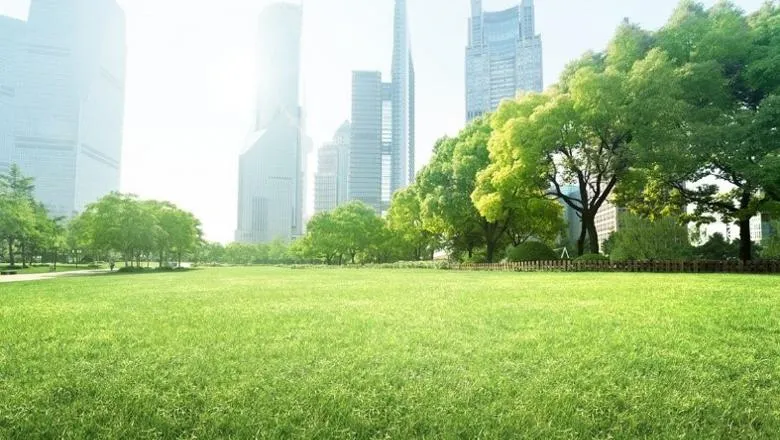
Q&A - Beware ecosystem services for nature conservation: lessons from fieldwork and spatial modelling
Join Dr Mark Mulligan for this discussion on the significance of fieldwork and spatial modelling in relation to ecosystem services.
Please note: this event has passed.
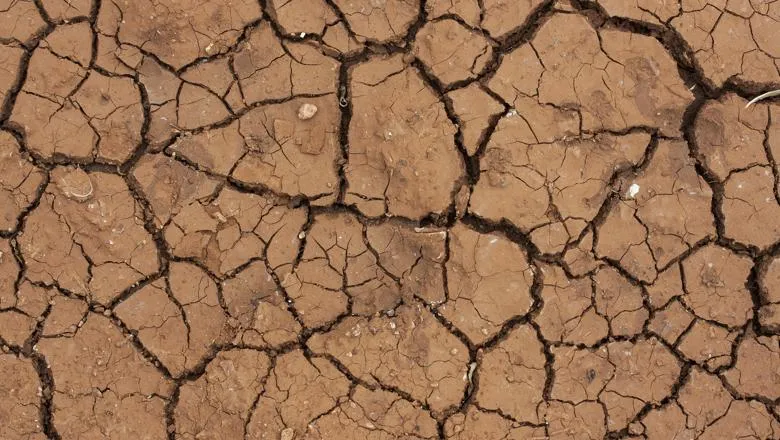
Hear from physical and environmental geographers
Hear from academics in the Department of Geography about their research interests in physical and environmental geography.
Please note: this event has passed.
Features
'Places without postcards' highlights impact of climate change around the world
The Faculty of Social Science & Public Policy has created a collection of ‘postcards’ from key places around the globe that tell an important story around...

Spotlight
Helping balance conservation needs with growing pressures for land
King’s researchers have developed user-friendly online tools to better understand the multiple impacts of land-use and land use change.
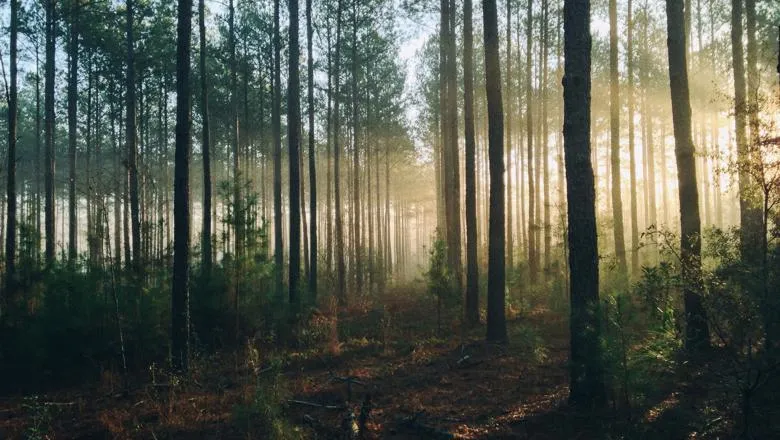
Research

Physical Geography and Environmental Science research group
Enhancing understanding of processes, drivers and impacts in water, land, atmosphere and ecosystems to address environmental and societal challenges.

King's Climate Research Hub
Studying climate change through the relationship between science, policy and culture.

King's Water Centre
Researching water, environment and development. Our centre spans the humanities, social, and physical sciences to explore the challenges of water governance from global to local scales.

Geodata Portal
A public environmental data portal providing information (raw and visualised) to the scientific and conservation communities.
Project status: Ongoing

Earth Observation and Environmental Sensing Hub
The Earth Observation and Environmental Sensing (EOES) Hub is an interdisciplinary research group at the Department of Geography, King’s College London.

Political Ecology, Biodiversity & Ecosystem Services
The Political Ecology, Biodiversity & Ecosystem Services (PEBES) group provides a collaborative focus for work on the social (re)production of nature, environmental conservation and resource management.

Climate & sustainability researchers at King’s
King's researchers working across climate and sustainability
News
King's awarded doctoral training funding from three UK research councils
Biological sciences, environmental sciences and physical sciences at King’s will all benefit from a share of over £500 million invested in doctoral students,...

Under Pressure: New database aims to improve understanding of the impacts of dams and reservoirs
With an explosion in hydroelectric dam and reservoir building expected over the coming decades, a new tool jointly developed at King’s aims to help...

Less than 20% of the global land area needed for human well-being and biodiversity is currently protected
Conserving about half of the global land area could maintain nearly all of nature’s contributions to people and still meet biodiversity targets for tens of...

New installation on the Strand will imagine a climate-positive mythical world
Acclaimed design studio Superflux and King’s Culture present 'The Quiet Enchanting', an installation inspired by King’s climate and sustainability research

Noise and air pollution reduced in pedestrianised part of London, early signs suggest
Preliminary data from King’s monitoring stations suggests significant reduction in noise and particulate air pollution thanks to the pedestrianisation of...

Transformed Strand Aldwych redevelopment officially opened
Pedestrianisation in the heart of historic London creates a welcoming public space, as well as an exciting platform for research, learning, art and performance

Protecting areas most important to people will benefit nature too
Prioritising nature conservation in areas that directly benefit humans would lead to more equitable and just conservation decisions, finds major global study.

Progressive water policy needs to be intrinsically linked to human rights and sustainability
King’s Water Centre has launched four policy papers that explore how we can ensure we have a just and sustainable water future.

Noise levels on Strand fall by a quarter thanks to new pedestrianisation scheme in London's cultural centre, King's researchers find
Researchers are assessing the ‘net impact’ of a new pedestrianisation scheme in central London on air quality, traffic, noise and the local economy.

Clean water and carbon storage will be vital for biodiversity
A new paper, published in Nature, Ecology and Evolution, has found that protection of land important to both carbon sequestration and clean water supply is...

Events

Water Security: Overview from the World and the Way Forward
A discussion on the importance of water security and innovative methods that ensure better access, protection, and management of hydric resources for...
Please note: this event has passed.

Clean Air Day: walking tour of Strand Aldwych pollution monitoring stations
Join Professor Mark Mulligan and Dr Arnout van Soesbergen on a guided tour of the Strand Aldwych project and the network of weather and pollution monitoring...
Please note: this event has passed.

London Rivers Week 2022 – Walk: Sustainable development, renewables, flooding and nature conservation
Free guided walking tour from Chalkwell Beach, as part of London Rivers Week 2022. The walk will focus on understanding the Thames Estuary, in particular...
Please note: this event has passed.

Climate change and COVID-19: What have we learned?
As part of our King's Experts Series, join us as we ask our panel: What lessons can we learn from the pandemic when it comes to climate change and the...
Please note: this event has passed.

Q&A - Beware ecosystem services for nature conservation: lessons from fieldwork and spatial modelling
Join Dr Mark Mulligan for this discussion on the significance of fieldwork and spatial modelling in relation to ecosystem services.
Please note: this event has passed.

Hear from physical and environmental geographers
Hear from academics in the Department of Geography about their research interests in physical and environmental geography.
Please note: this event has passed.
Features
'Places without postcards' highlights impact of climate change around the world
The Faculty of Social Science & Public Policy has created a collection of ‘postcards’ from key places around the globe that tell an important story around...

Spotlight
Helping balance conservation needs with growing pressures for land
King’s researchers have developed user-friendly online tools to better understand the multiple impacts of land-use and land use change.

